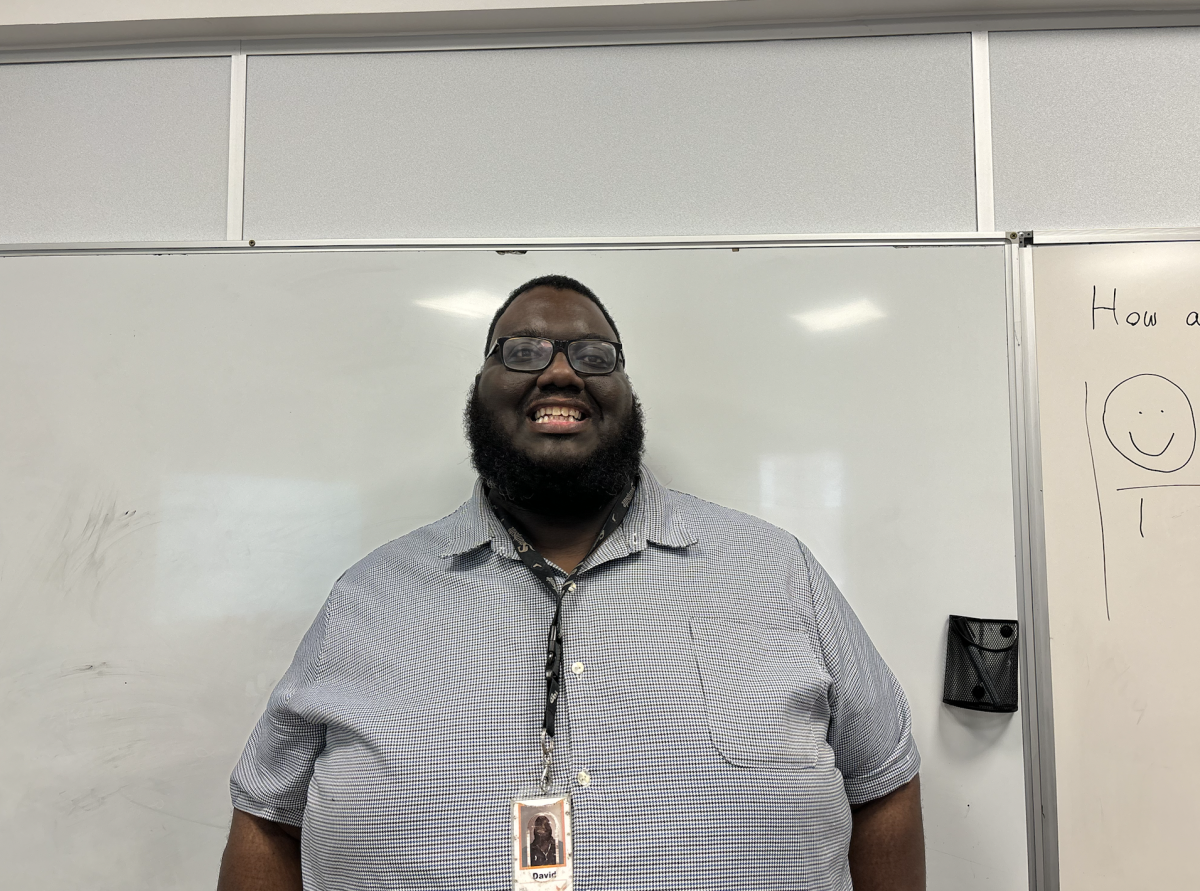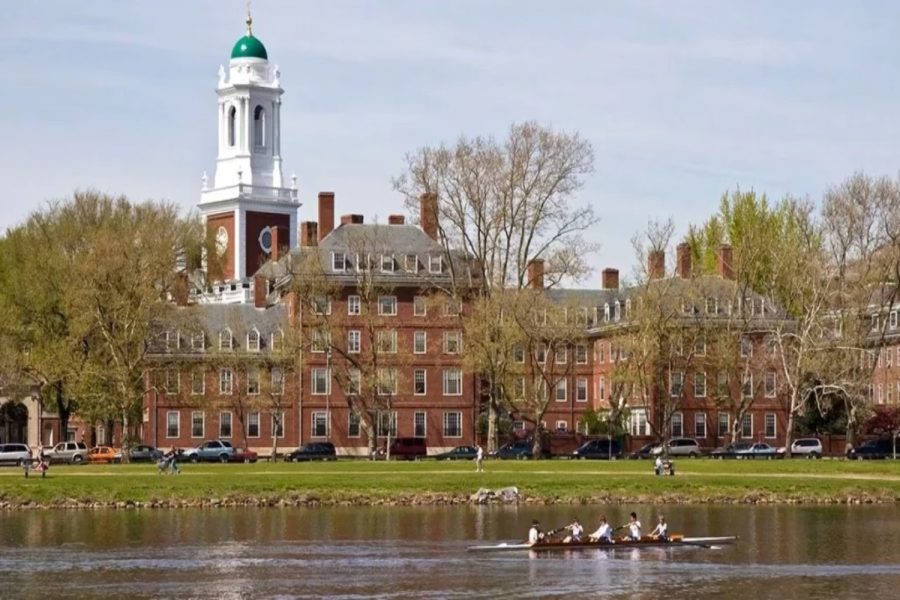The U.S. Supreme Court agreed to hear the Students for Fair Admissions, Inc. v. President and Fellows of Harvard College lawsuit January 2022, per the Boston Globe.
According to Ballotpedia, the lawsuit, regarding the legality of institutions such as Harvard University using affirmative action in the admissions process, was filed by the Students for Fair Admissions nonprofit organization Nov. 17, 2014 after a group of Asian American students claimed they were rejected from the school on the basis of race. The case is currently pending as Supreme Court judges review evidence and argumentation.
Learning Specialist Yulisa Cruz said she is fond of affirmative action because it is primarily utilized to provide opportunities to students who wouldn’t have them otherwise.
“The purpose of affirmative action is to get institutions to actually look at marginalized groups,” she said. “It’s sort of a double-edged sword.”
In 1965, former President Lyndon B. Johnson issued executive order 11246 which, according to the U.S. Department of Labor, is a collection of requirements for non-discriminatory practices in hiring and employment. It was issued in an attempt to eradicate discrimination from employment, per the U.S. Department of Labor’s History of Executive Order report. This was the first legislative use of affirmative action.
Ariel Blavatnik (’23) said it is crucial to find a system that provides all students with equal education opportunities.
“Whatever system gives the fairest chance to everyone … is the best system,” he said.
However, according to the Stanford Encyclopedia of Philosophy, because affirmative action policies are usually based on race, ethnicity and gender, they often spark controversy.
It’s really important that universities make sure they’re assessing people also based on their quality of application rather than just on affirmative action.
— Jemma Granite (’25)
Jemma Granite (’25) said institutions must proceed with caution when selecting students based on race and check that their motives are not performative.
“It’s important that people are focusing on all marginalized groups, rather than sort of highlighting or making one seem more important than the other,” she said. “It’s important that when colleges are looking, they’re also not trying to do a pick and choose of this many from one group and this many from another group.”
Granite said it is necessary for universities to consider factors other than solely race, gender and ethnicity when admitting students.
“It’s really important that universities make sure they’re assessing people also based on their quality of application rather than just on affirmative action,” she said. “It can make people feel like the only reason they were accepted was because of affirmative action.”
According to the Harvard Gazette, the case was first tried in 2018 and closed in 2019 when Judge Allison D. Burroughs ruled in favor of Harvard, who denied discriminating against students based on their race.
Granite said she was discouraged by the initial ruling because she believes all universities should be seeking to diversify their student body and the judges should have considered the Asian American students’ experiences more.
“I don’t think the students should have lost the case because they made a very good point,” she said. “It shouldn’t be that Harvard is cherry picking how many Asian American students they want to accept into the university.”
Likewise, Cruz said the ruling was unjust because of the lack of diversity in the court where the case was decided.
“It’s kind of like you’re trying to fight against what they are,” she said “They have very few women, very few people of color. There are no Asians on the Supreme Court either.”
The case was reintroduced to the Supreme Court in 2022 due to Harvard’s continuous violation of the 14th Amendment throughout their admissions process, per Fox News. The 14th Amendment, according to the National Constitution Center, prohibits states from depriving any person of life, liberty or property without due process”
According to the Harvard Gazette, the final verdict of this case could possess a widespread impact on affirmative action policies in the U.S. for the next four decades.
All the cases that we bring up make people think twice, and that’s progress
— Learning Specialist Yulisa Cruz
Cruz said when cases are introduced to court for reconsideration, large-scale social progress can be made.
“All the cases that we bring up make people think twice, and that’s progress,” she said. “Silence is deadly. It really just doesn’t benefit anyone except the oppressor. Every time that anybody speaks up, every time that any group says ‘hey, this isn’t fair,’ yeah, that is progress.”
Moreover, Blavatnik said it is important the case is currently in the process of being reviewed because the law may have changed since the initial ruling.
“New things can come to light or new events,” he said. “Having … precedents that are created from cases that are older or not up to date can be harmful.”
Overall, Cruz said until institutions refrain from discriminating against minorities in the college admissions processes, affirmative action must continue to be utilized.
“We have to change the system,” she said. “The system is inherently biased, racist, sexist and homophobic. Once we can trust that big organizations are just seeing people, we can get rid of affirmative action or other programs that are for inclusion.”







